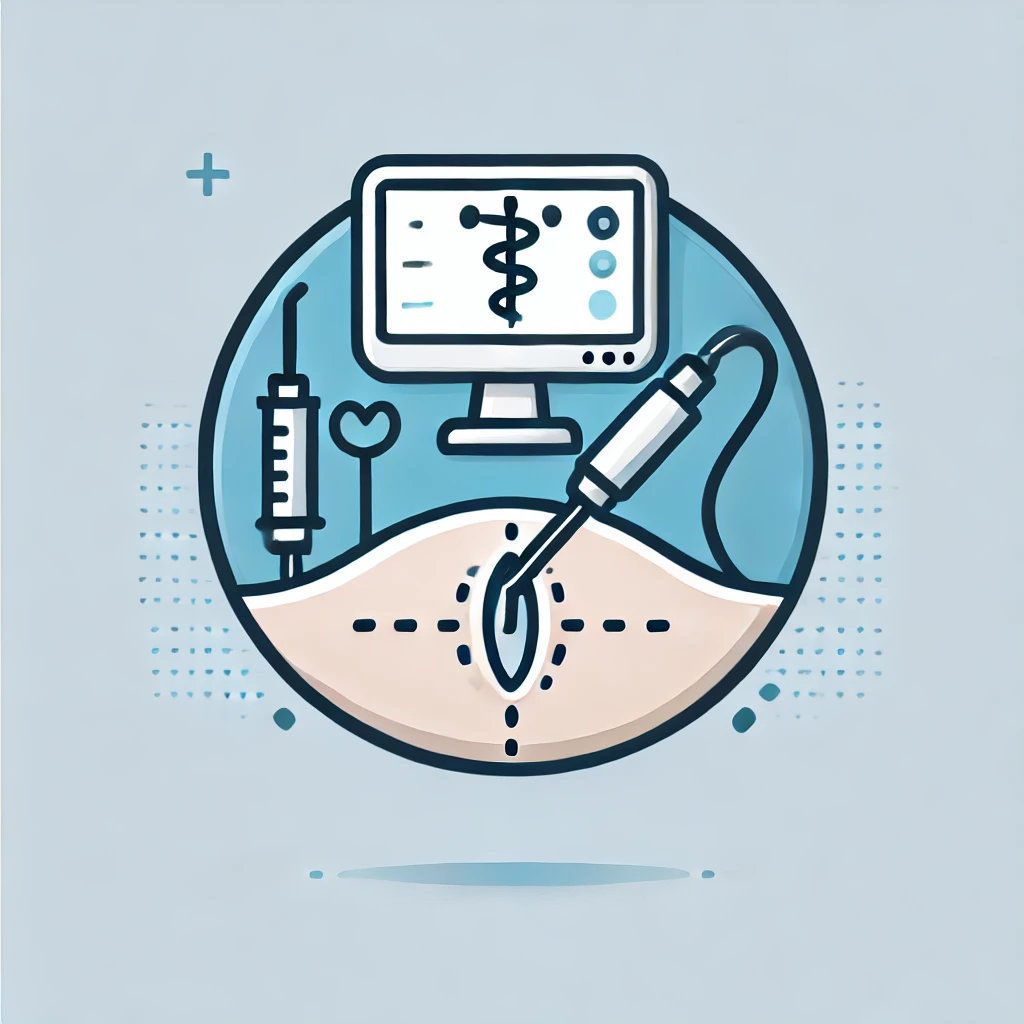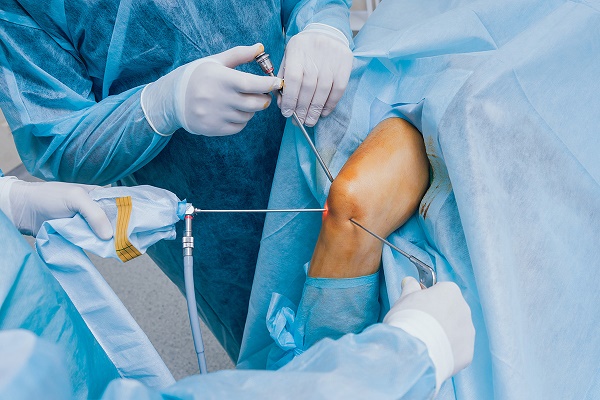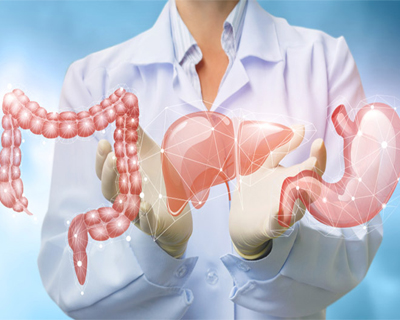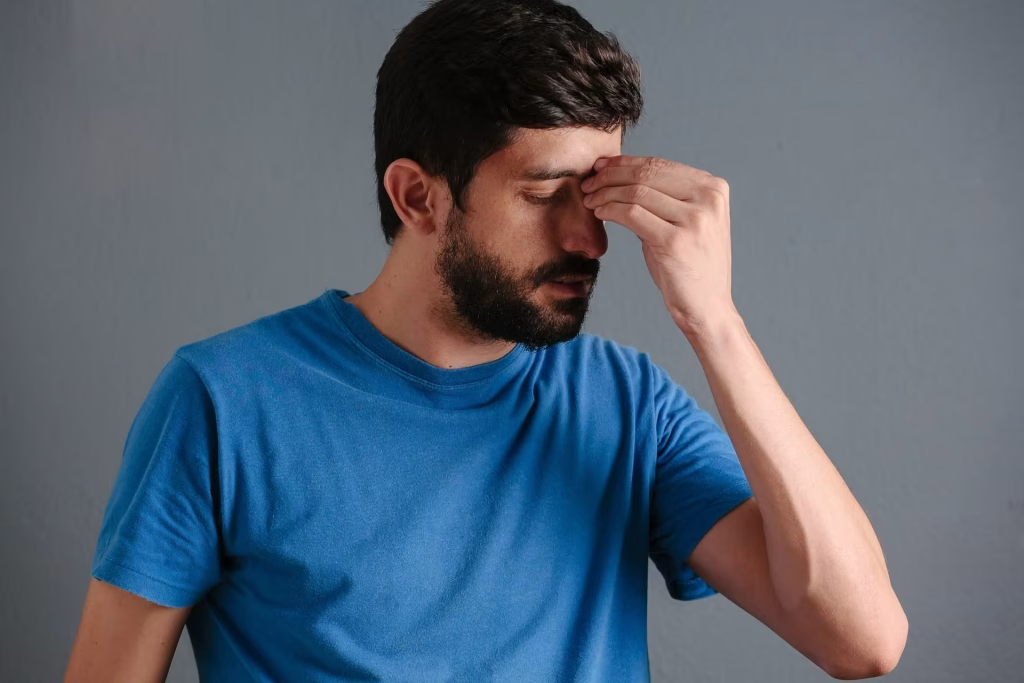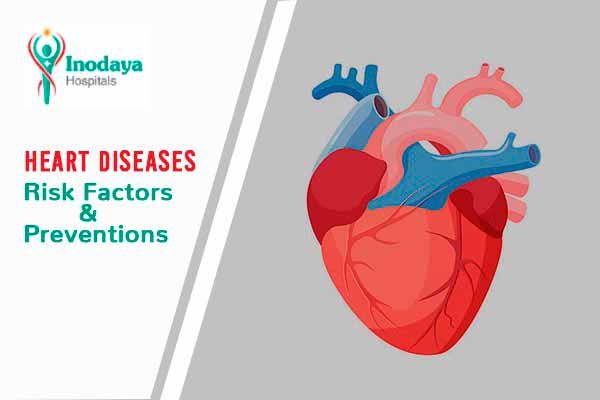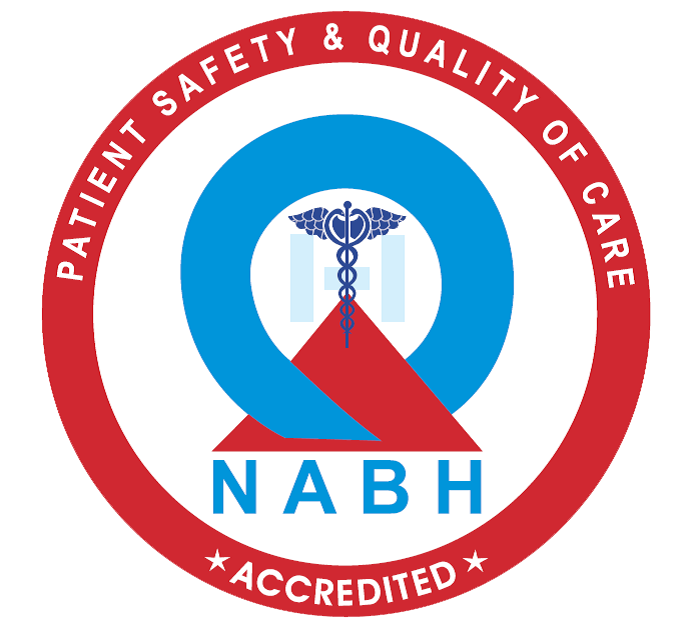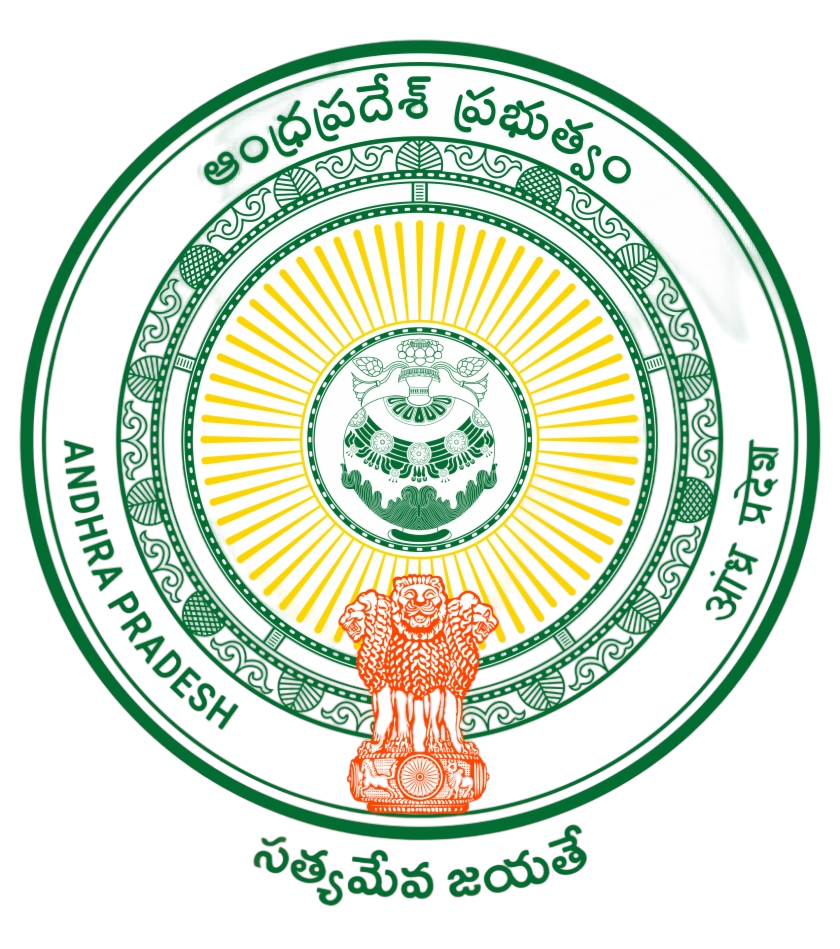Sinus infection or sinusitis occurs when your nasal cavities become infected, swollen, and inflamed. Sinusitis is caused by a viral or bacterial infection of the sinuses. Certain conditions such as cold and allergies, nasal polyps, congestion, toothache, and infections can also contribute to sinus problems.
The sinuses make thin mucus that drains out of the nose channels, which keep the nose clean and free of bacteria. Generally filled with air, the sinuses can get blocked and filled with fluid, which causes bacteria to grow and cause an infection.
Different Types of Sinusitis
Also known as rhinosinusitis, sinusitis may be classified as an acute sinus infection or chronic sinus infection. Acute sinusitis is commonly caused by a cold or allergies and may resolve on its own. However, an acute infection is usually part of a cold or other respiratory illness.
Chronic sinusitis can last up to eight weeks and may be caused by an infection or bacteria growth. ENT specialists believe the main causes of sinusitis include infected nasal discharge and congestion.
When the symptoms last four to twelve weeks, it is known as subacute sinusitis, and when the symptoms come back four or more times in one year and last less than two weeks each time, it is called recurrent acute sinusitis.
A sinus infection can happen to anyone. However, people with nasal polyps, nasal allergies, asthma, and abnormal nose structures are more likely to get sinusitis. Smoking can also increase the chances of getting a sinus infection.
Signs and symptoms of sinusitis
Are you confused with a sinus infection, cold, or nasal allergies? Here, our best ENT doctors in Kakinada explain the symptoms of sinusitis that you should not ignore.
1. Pain in your sinuses
Pain is the most common symptom of sinusitis. You can have several different sinuses above and below the eyes and behind the nose that can hurt when you have an infection in the sinuses.
Inflammation and swelling in your sinuses cause you to feel pain on your forehead, nose, upper jaws, and teeth, or between your eyes.
2. Nasal discharge
When you have a sinus infection, you often need to blow your nose because of nasal discharge from the infected sinuses and drains into your nasal passages. Due to the discharge, you may also feel a tickle, an itch, or even a sore throat.
Post Nasal drip causes coughing at night when lying down to sleep and in the morning after getting up. It may also cause you to sound hoarse.
3. Sinus headaches
With a sinus infection, you may have a pain that starts in the forehead, moves into the nose, and then settles behind one or both eyes where it feels like pressure. The swelling and relentless pressure in the sinuses can also give you earaches, dental pain, and upper jaw pain.
Sinus headaches can be an excruciating and uncomfortable condition and are often at their worst state in the morning because fluids have been collecting all night long.
4. Cough and throat irritation
As the discharge from your sinuses drains down the back of the throat, it can irritate you over a long period. This can lead to an annoying cough, worsening when lying down to sleep and after getting up from the bed.
It can also cause trouble sleeping. Sleeping upright or with your head elevated can reduce the frequency and intensity of the coughing.
5. Septum deviation
A deviated septum is one of the most common symptoms of sinusitis which occurs when the septum, the cartilage, and bone separate the nasal cavity. Some people are born with a deviated septum and for others, a sinus infection causes it.
A bad septum deviation can also cause blockage, breathing problems, congestion, headaches, and noisy breathing during sleep.
How can Sinus infection be treated?
Sinus problems are treated in several ways, each depending on the severity of the condition.
Our best ENT specialists treat simple sinusitis infection by:
- Over-the-counter medications for cold and allergy
- Nasal irrigation
- Decongestants
- Drinking fluids (sinusitis is a viral infection, and fluids or juices will help)
If symptoms of sinus infection don’t improve after ten days, ENT specialists may prescribe:
- Antibiotics (for 10 days in children and 7 days in adults).
- Oral or topical decongestants.
- Prescription intranasal steroid sprays.
ENT doctors treat long-term or chronic sinusitis by focusing on the underlying conditions that include:
- Intranasal steroid sprays.
- Topical antihistamine sprays or oral pills.
- Leukotriene antagonists reduce swelling and allergy symptoms.
- Washing the nose with saline solutions that might also contain other types of medication.
When any of the above treatments for sinusitis do not improve your symptoms, a CT scan is recommended to have a better view of your sinuses. Depending on the results, surgery may be an option to fix the structural problems which most likely happen to those who have polyps or fungal infections.
Suspecting you have a sinus infection and the symptoms are persistent? Do not delay. Make sure you approach Inodaya Hospitals. Our top ENT doctors in Kakinada will diagnose the cause of sinusitis and suggest you the right treatment!







































